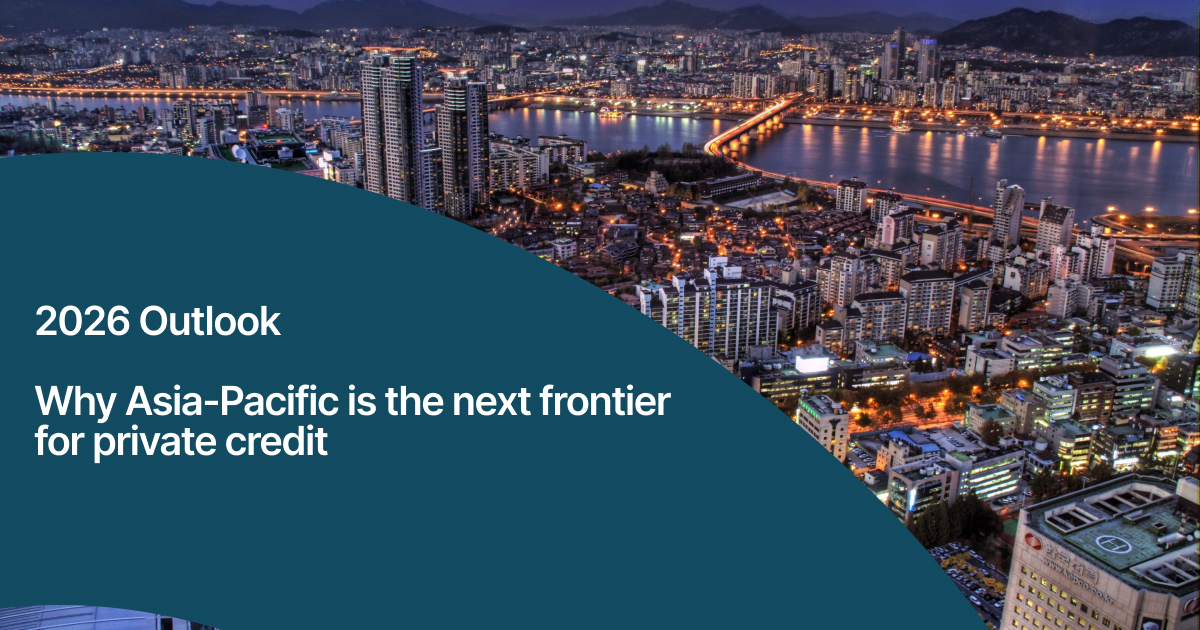Thought Leadership
Navigating South Korea’s Political Developments: Implications for Private Credit Investments


Recent political developments in South Korea have captured global attention. On December 3rd, President Yoon declared emergency martial law in a surprise move, which was swiftly overturned by the National Assembly and subsequently rescinded by Yoon himself. This swift resolution, supported by both opposition and ruling parties, highlights the strength of South Korea’s democratic institutions. Although impeachment proceedings were initiated, they ultimately failed to pass, adding an element of political uncertainty in the coming months.
Despite these events, South Korea’s financial system and daily operations remain stable. Below, we outline how these developments affect our private credit investments and pipeline:
1. Robust Regulatory Response
South Korea’s financial regulators acted decisively to stabilize markets:
- A KRW 10 trillion stock market stabilization fund.
- KRW 37.6 trillion in bond market support.
- USD 415 billion in FX reserves.
These measures reflect the government’s strong commitment to maintaining market stability and resilience.
2. Pending Investigations
Joint investigations are underway into the short-lived martial law declaration and the roles of high-ranking government and military officials. These are expected to take months to complete, introducing a layer of uncertainty. However, South Korea’s robust institutional framework and regulatory safeguards continue to provide a stable financial backdrop. Notably, this marks the third time a Korean president has faced impeachment; despite such political turmoil, South Korea’s economy has grown over 2.2x during similar periods of past uncertainty.
3. Short-Term Volatility
While public markets, including equities, sovereign debt, and currencies, experienced fluctuations (e.g., USD/KRW spiked to 1440 before stabilizing at 1410), private credit markets remain insulated due to their domestic focus and limited exposure to foreign sentiment.
4. Limited Economic Impact and Emerging Opportunities
Political uncertainty often creates compelling opportunities for investors. While these developments may dampen consumer confidence and foreign inflows, potentially slowing economic growth, they also create opportunities in private lending. Extended refinancing timeframes, coupled with tighter liquidity, can unlock access to high-quality investments aligned with our strategy. Our strong local presence and deep market expertise uniquely position us to quickly identify and act on these opportunities, leveraging dynamic market conditions to deliver attractive, risk-adjusted returns.
Conclusion
While political uncertainty and investigations may introduce short-term volatility, South Korea’s economy remains resilient, particularly in private credit markets. Investors focused on downside protection and low LTV ratios, like SC Lowy, can maintain stable and robust portfolios during these uncertain times. We are actively monitoring developments and remain agile to navigate the evolving landscape.
News & insights
Related News

Subscribe
Subscribe




